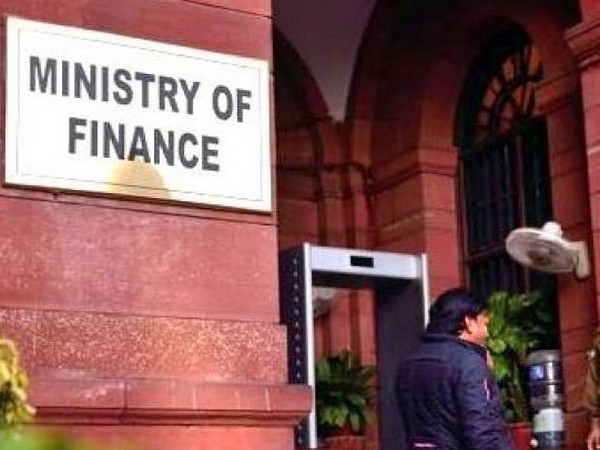DFS Secretary emphasises contributions by Start-ups and Fintechs to India's economic growth
Dr. Joshi urged for greater collaboration among the government, regulator, public and the private sector to harness the full potential of Start-up and Fintech sector in India.

- Country:
- India
The Department of Financial Services (DFS), Ministry of Finance and Indian Cyber Crime Coordination Centre (I4C), Ministry of Home Affairs, jointly organised a half-day workshop with Law Enforcement Agencies (LEAs) and Start-ups and Fintech ecosystem partners, in New Delhi, today. The workshop was conducted in continuation of the last interaction of Union Finance Minister Smt. Nirmala Sitharaman with the Start-up and Fintech companies on 26th February 2024.
The interactive workshop was organised to foster strong collaboration between Fintechs and LEAs to encourage innovations, ensuring due compliance of extant rules and regulations, addressing key challenges such as cybersecurity, digital financial frauds etc., and more importantly building confidence and trust among the ecosystem partners.
Addressing the audience, DFS Secretary Dr. Vivek Joshi emphasised the contributions made by the Start-ups and Fintechs to India's high and sustained economic growth. Dr. Joshi urged for greater collaboration among the government, regulator, public and the private sector to harness the full potential of Start-up and Fintech sector in India. He emphasised that Fintechs are more technology and innovation oriented, and they draw the traction of the regulators and LEAs when they grow their businesses over a period of time.
While the Fintech Associations presented the operational modalities and key challenges faced by the Fintech companies, the LEAs from the States shared their best practices on curbing cybercrime and financial frauds.
I4C, highlighted about Mule Accounts, ATM hotspots, Hotspot Branches, Fintech Merchant abuse etc. through its Citizen Financial Cyber Frauds Reporting and Management System (CFCFRMS). It was emphasised that an indigenous transaction monitoring and Anti-Money Laundering (AML) system catering to Indian fraud and crime scenario may be developed by the Fintech companies.
Following points were deliberated during the proceedings of the workshop:
Role of technology in providing accessibility to financial services
Strategy to control the money mules
Appointment of key contact point or nodal officer by the Fintech companies to liaise with the LEAs
Real-time monitoring of data infringement by both the Fintech companies and LEAs
Geotagging of digital transactions to track the money trails
Creation of suspicious registry of BCs and fraudsters involved in financial frauds
Conducting regular audits of digital KYC for fostering trust and accountability
Establishing a mechanism for freezing and unfreezing of accounts for faster recovery of defrauded money
Devising a mechanism to ensure data privacy and prevention of data theft
Modernisation of digital infrastructure by leveraging technologies like IPv6, API integration etc.
The insights focused on emerging trends of cybercrime and financial frauds were provided by Gujarat, Haryana, and Uttarakhand State Police Departments along with I4C. The workshop ended with a panel discussion comprising LEAs for prevention and mitigation of cybercrime and financial frauds.
The workshop was attended by the Founders/ Co-founders/ Heads of around 60 Fintech companies, four Fintech Associations, 23 State’s Police Departments, CBI, ED, FIU-Ind and the Central Government Ministries/ Departments, Regulators and other agencies concerned such as Ministry of Electronics and Information Technology (MeitY), Department of Telecommunications (DoT), Department for Promotion of Industry and Internal Trade (DPIIT), Reserve Bank of India (RBI), Pension Fund Regulatory and Development Authority (PFRDA), Central Registry of Securitisation Asset Reconstruction and Security Interest (CERSAI), National Payments Corporation of India (NPCI), Business Correspondent Federation of India (BCFI), and I4C etc.
(With Inputs from PIB)










